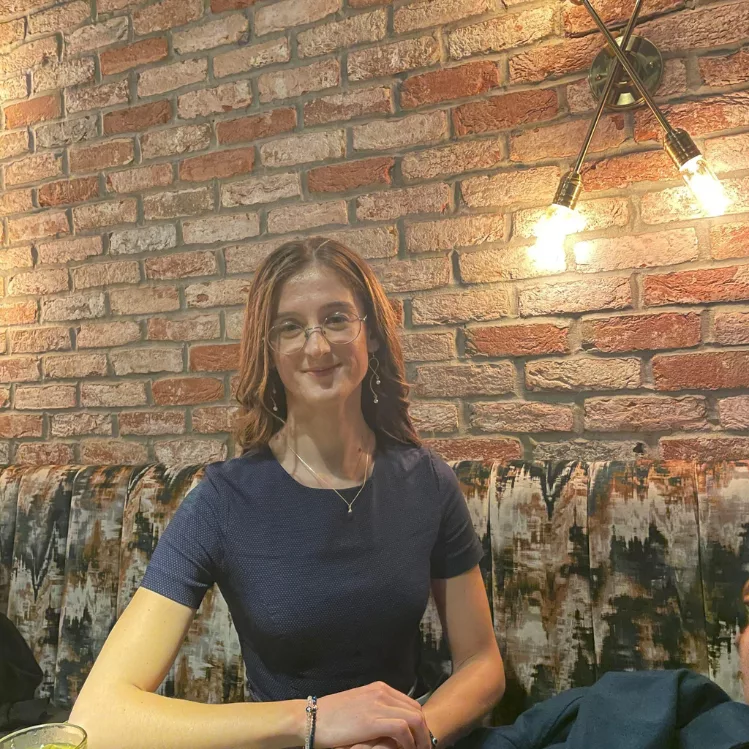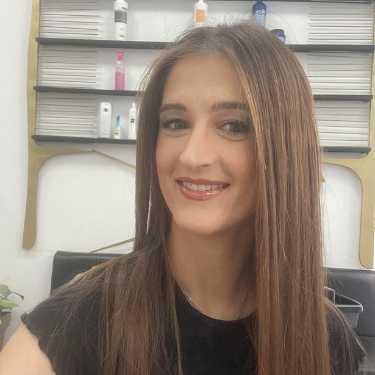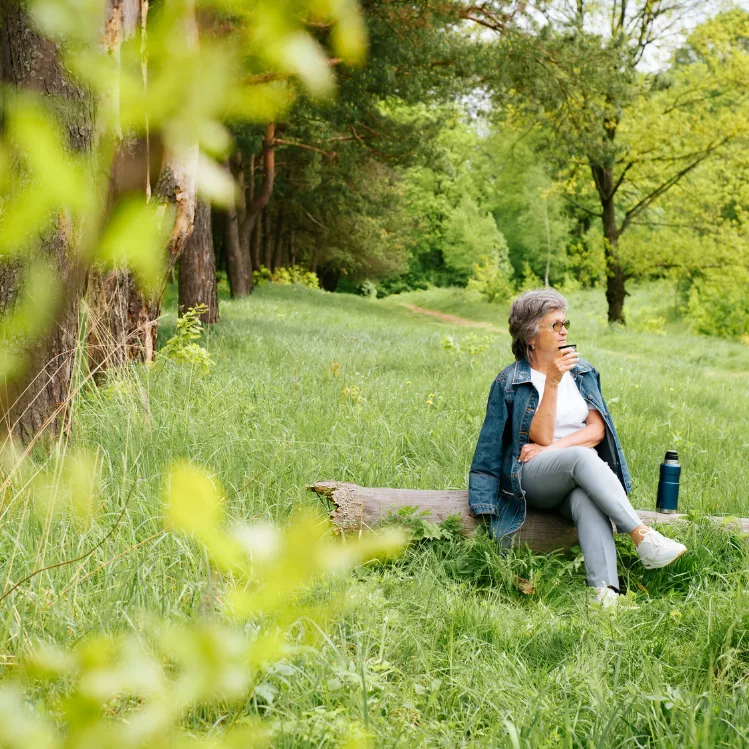
Kristina Loza: Innovating Food Safety, Inspiring Change
Kristina Loza is a passionate scientist with a remarkable track record in microbiology, quality control, and food safety. Her expertise spans laboratory management, microbial risk assessments, and groundbreaking research that has driven cost savings and boosted production efficiency. Kristina’s innovative contributions include working on the approval of the first aseptic filling line for a renowned iced tea brand in Albania and leading research projects that delivered significant business impact. Beyond her scientific achievements, Kristina is deeply committed to using her knowledge to create a better world, promoting education for the less privileged, and fostering a culture of kindness and empowerment.
What sparked your passion for microbiology and food safety, and how did you begin your journey in this field?
I’ve been fascinated by microbiology ever since I first learned about how vaccines are made and how microorganisms function in school. I found it fascinating. While I enjoyed science and other subjects, my passion for microbiology and biology ultimately guided my career decision. Later, I pursued an Integrated Master’s in Agriculture with a Specialization in Food Science and Technology. The areas that captured my interest the most were food microbiology and food safety. We had an inspirational professor at the university who taught microbiology and food safety, and his lectures deeply resonated with me. From that point, I knew I wanted to dive deeper into this field. Although my journey wasn’t always straightforward, I eventually found my path in food microbiology.
Your work has led to significant cost savings and increased production capacity. Can you elaborate on how these innovations were achieved?
I cannot share specific details about my work, as research in private companies is confidential. However, I can mention that my research on those projects focuses on improving processes and reducing waste through challenge test studies and/or heat treatment validation studies. These projects are often collaborative, and one of them has resulted in increased capacity.
You’ve mentored new colleagues and managed quality-related projects. What leadership qualities do you believe are essential for success in scientific roles?
I believe several leadership qualities are essential for success in scientific roles. These include resilience, an open mind, collaboration, humility and a constant curiosity to learn. Creativity also plays a vital role, as it helps in problem-solving and innovation. Additionally, strong people and communication skills are crucial for effectively mentoring colleagues, managing projects, and fostering teamwork.
What excites you the most about microbiology and genetics, and how do you see these fields shaping the future of food safety?
What excites me the most about microbiology and genetics is the opportunity to observe microorganisms grow and understand their behaviour. I’m also passionate about finding new, sustainable, and less intrusive ways to ensure food safety. In addition, I have a deep interest in microbiology as a whole, particularly in learning how to prevent diseases and improve public health through scientific advancements. I have a lot of scientific interests however, in terms of genetics in microbiology, I find it fascinating how microorganisms can adapt to different environments and change their DNA and how resilient they are in different conditions.
You aim to use your scientific knowledge to create a better world. How do you envision making a lasting impact beyond the lab?
I believe that everything around us today is shaped by science. Our lives are easier and more connected because of scientific advancements. Without science, we would still be reading by candlelight, washing clothes by hand, and unable to communicate through email. Life expectancy would be much shorter, and long-distance travel would be unimaginable. Looking ahead, I hope to contribute to health by finding solutions to diseases, but also to inspire others by sharing knowledge and encouraging more people to pursue careers in STEM. I believe this can significantly improve the quality of life for individuals and communities.
What are your long-term career goals, and how do you plan to combine your scientific expertise with your mission of creating a better world?
Looking ahead, I hope to contribute to health by finding solutions to diseases, but also to inspire others by sharing knowledge and encouraging more people to pursue careers in STEM. I believe this can significantly improve the quality of life for individuals and communities. I want to continue in research and am currently exploring the best path to do so.





